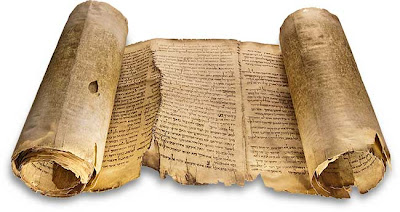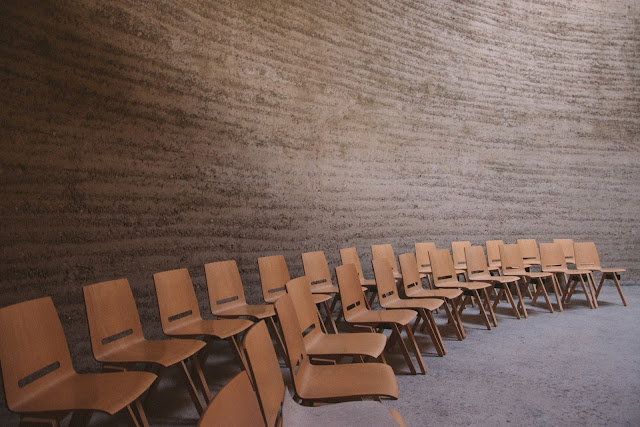The Auxiliary Evidences of Christianity
In the previous post, I wrote on William Paley's work on the evidences of Christianity. In this post, I'd like to continue with Paley's auxiliary evidences of Christianity in mostly his own words. Paley considers his two propositions as the main defense of the Christian faith yet he believes that their argument is also supported by auxiliary evidences, of which the most important include:
- Prophecy - Prophecies, which no natural means could foresee, came to fulfillment in history, such as Isaiah chapter 53 and the Lord's prophecy on the destruction of Jerusalem.
- Morality - Although not the primary design of the mission, the depicted morality in the Bible is unprecedented. Paley points out two noticeable facts: first, the Gospel omits qualities that are often praised and admired by mankind but have been prejudicial to human happiness, such as friendship, patriotism, and active courage; second, it has brought forward highest intrinsic values, but commonly overlooked, such as passive courage in the endurance of sufferings, patience under affronts and injuries, humility, irresistance, and placability.
- Candor - The writers of the New Testament write passages and instances in such a particular way that no writer could have forged or carved or molded according to his own choice or judgment. For instance, the evangelists unanimously state that after Christ's resurrection, He appeared to the disciples alone.
- The Identity of Christ's character in the four Gospels is confirmed to be of the same person.
 |
| The Great Isaiah Scroll (Dead Sea Scrolls, Facsimile Editions) |
Paley concludes that many more auxiliary evidences can be found:
"In the originality of our Savior's character; in the conformity of the Scripture narrative with contemporary history; in the undesigned coincidences between the Epistles of St. Paul and the Acts of the Apostles; in the history of the Resurrection; and in the manner and success of the propagation of Christianity,..."
Like Paley himself specifies, all of the above is auxiliary, obviously not the main items of the Christian faith. Yet reading these causes me to appreciate the verses I read this morning:
"For indeed Jews require signs and Greeks seek wisdom, but we preach Christ crucified, to Jews a stumbling block, and to Gentiles foolishness, but to those who are called, both Jews and Greeks, Christ the power of God and the wisdom of God. Because the foolishness of God is wiser than men, and the weakness of God is stronger than men." (1 Corinthians 1:22-25)
Even today, many require signs and many seek wisdom, but little do we know that Christ is the power of God (nature can be a little sample of God's power, that's a big enough sign) and the wisdom of God. To those who are entangled in their mind, believing in Christ is a weakness, a foolishness, but the fact is there are too many evidences. The way I see it, it's in fact very logical to believe in Christ, it's very wise to believe into Him, and it's very human to need Him.





Comments
Post a Comment